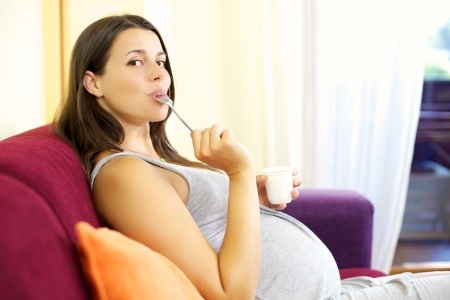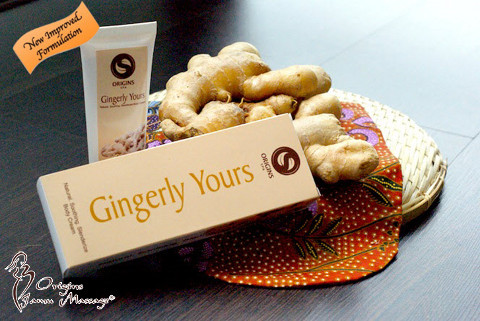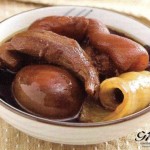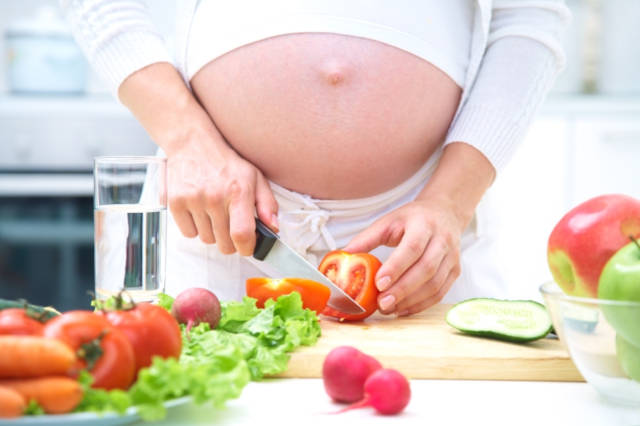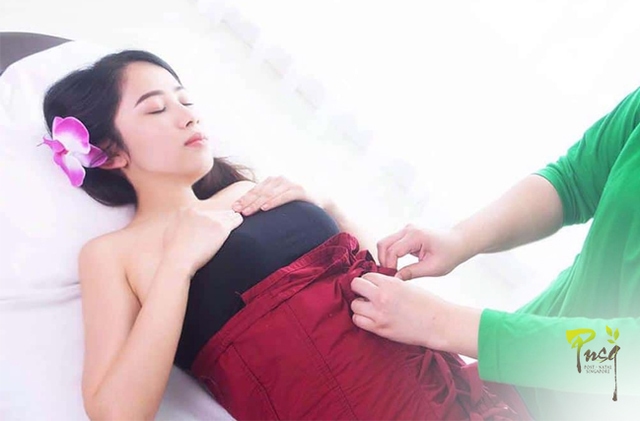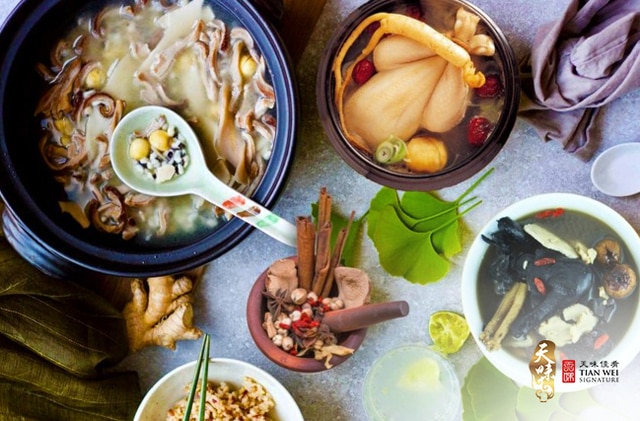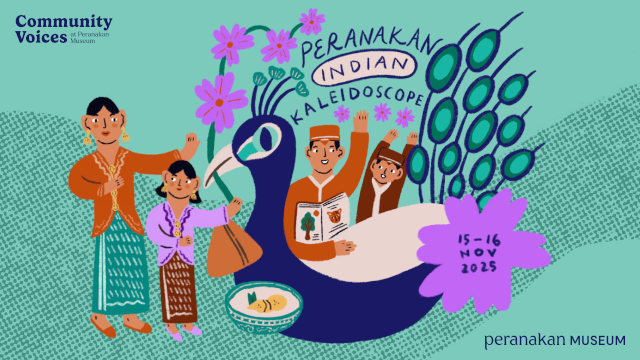Fortifying the body with nutritious food to re-energise your post-pregnant body helps to improve your health and your newborn’s health. How can you ensure a balanced diet for your meals after your pregnancy?
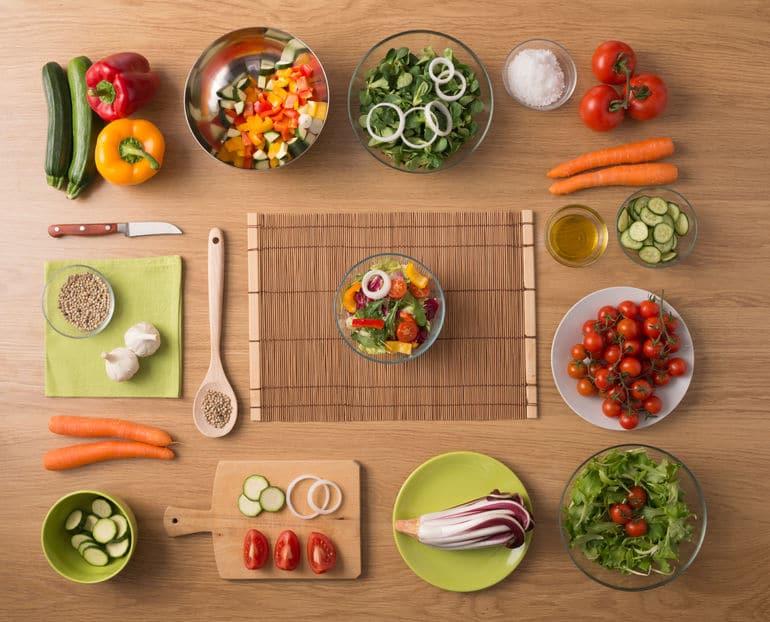
Every new mother shares this experience: taking care of a newborn is tiring. One needs to replenish the blood and fluids lost, and coupled with breastfeeding, eating well may be the last thing on one’s mind. Postnatal recovery is important and even more so for mothers who underwent caesarean delivery.
While cultural differences influence the type of foods new mothers consume after childbirth, here is a colour scheme of food groups that can help you plan your postnatal diet for speedy recuperation.
Colour Coding Your Post Pregnancy Diet
Red
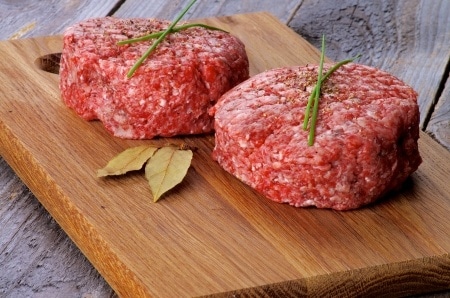
Lean red meat provides the body with protein, alongside a wide variety of other nutrients such as iodine, zinc, vitamins and fatty acids. Lean cuts of pork and beef are particularly good sources of iron, zinc and vitamin B12 for postnatal meals. Iron deficiency can result from blood loss and poor diet. When the iron level drops, anaemia can develop and postpartum mothers may feel tired and thus lacking in energy. Red meat is the best source of iron.
Plant-based proteins found in legumes such as lentils, peas and groundnuts are also commonly eaten to boost general health. Chinese confinement food practices would also include red dates and wolfberries to help restore the vitality of the mothers.
Orange
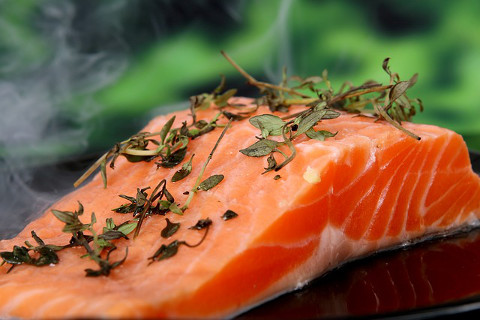
Salmon fish is an essential source of omega-3 and -6 fatty acids and boosts the overall nutrition of new mothers. These essential fatty acids are required to improve immunity. Carrots, with their beta-carotene potential, are also one root vegetable that you would not want to miss. It provides a good source of Vitamin A and Vitamin C.
Yellow

Eggs are a complete protein food containing essential amino acids and provide the energy needed to keep you going. However, it is not advisable to eat half-cooked eggs as it may lead to tummy upset. Chinese mothers often eat lots of ginger to get rid of ‘wind’ in their body as the stomach and bowels compressed during pregnancy are now expanded, causing organs to swell up with air and fluid. Hence, it is not surprising to find mothers eating fish, chicken, beef or pork cooked with ginger very often during their confinement periods.
Green
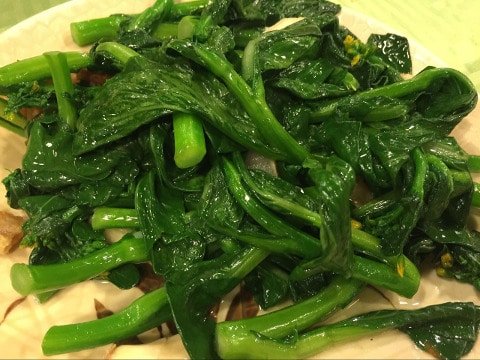
Dark leafy green vegetables are the ultimate superfoods full of vitamins, minerals, and antioxidants for postnatal mothers. Incorporating several servings of vegetables a day keeps new mothers energy stable without raising their blood sugar and helps the digestive system run smoothly.
Examples include broccoli, Kai-Lan, Shanghai greens, spinach and arugula. In many parts of Asia, cooked green papaya is observed to help boost breastmilk supply as it is rich in oxytocin which is believed to improve lactation. Often, Chinese mothers would drink green papaya chicken soup to boost their breastmilk production.
Black
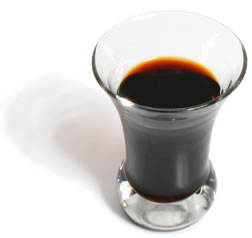
Commonly consumed to restore vitality, black vinegar is used by Chinese families to cook pork trotters to boost the recovery of the mothers. Other nutritious foods include black chicken soup, black bean pork rib soup and stir fry black fungus with chicken. These foods are believed to stimulate the body to produce collagen, which is the main supporting structure for the skin, thereby improving the healthiness of her skin after childbirth.
White and Brown
Alternating white rice with brown rice intake during meals can also help make one feel full and thus avoid overeating and gaining unnecessary weight.
Healthy oils and alcohol
To cook most confinement food, a moderate amount of oil is recommended. Sesame oil, olive oil and avocado oil are some healthy oils for consumption to promote postpartum healing. While it is believed that alcohol promotes blood circulation, alcohol can be transmitted to the baby through breastfeeding. Hence, it is recommended that Chinese rice wine be used for cooking rather than drunk straight from a cup.
By Dr Ng Ying Woo, Specialist in Obstetrics and Gynaecology.
Practice address:
SBCC Women’s Clinic (Clementi)
Blk 443 Clementi Ave 3
#01-53 Singapore 120443
Tel: 6774 1654
This article was first published in The New Age Parents e-magazine.
* * * * *
Like what you see here? Get parenting tips and stories straight to your inbox! Join our mailing list here.
Want to be heard 👂 and seen 👀 by over 100,000 parents in Singapore? We can help! Leave your contact here and we’ll be in touch.






































